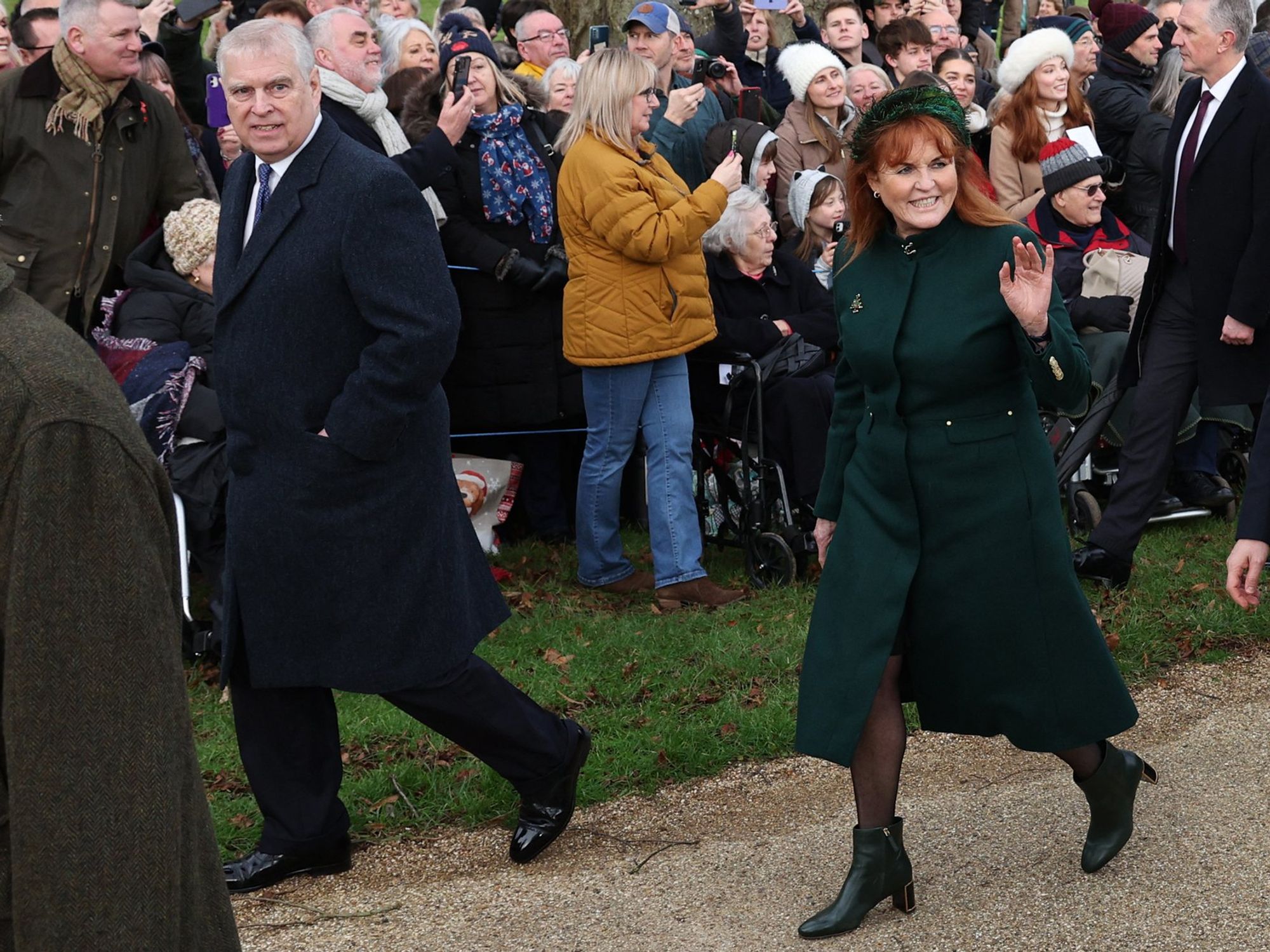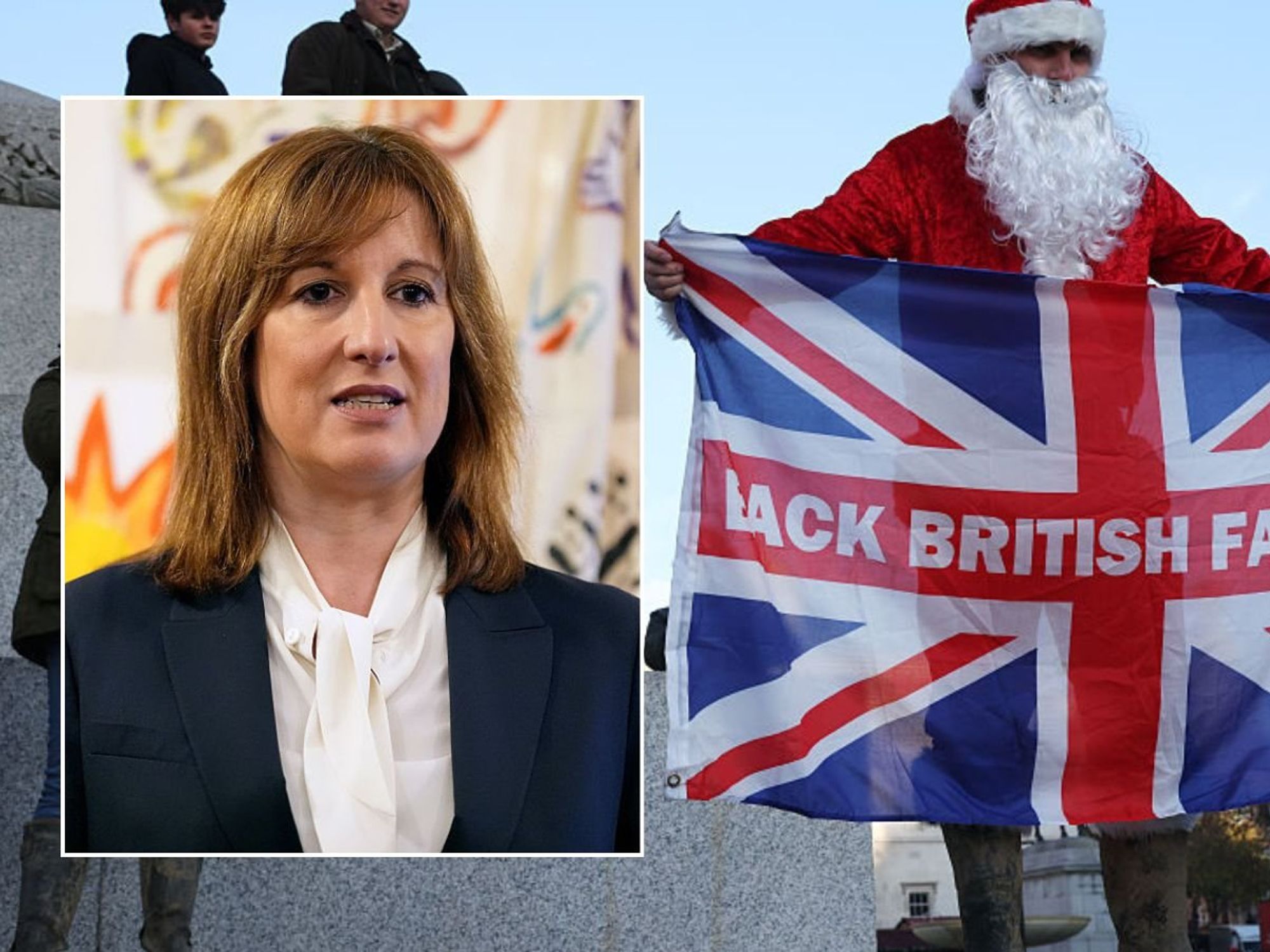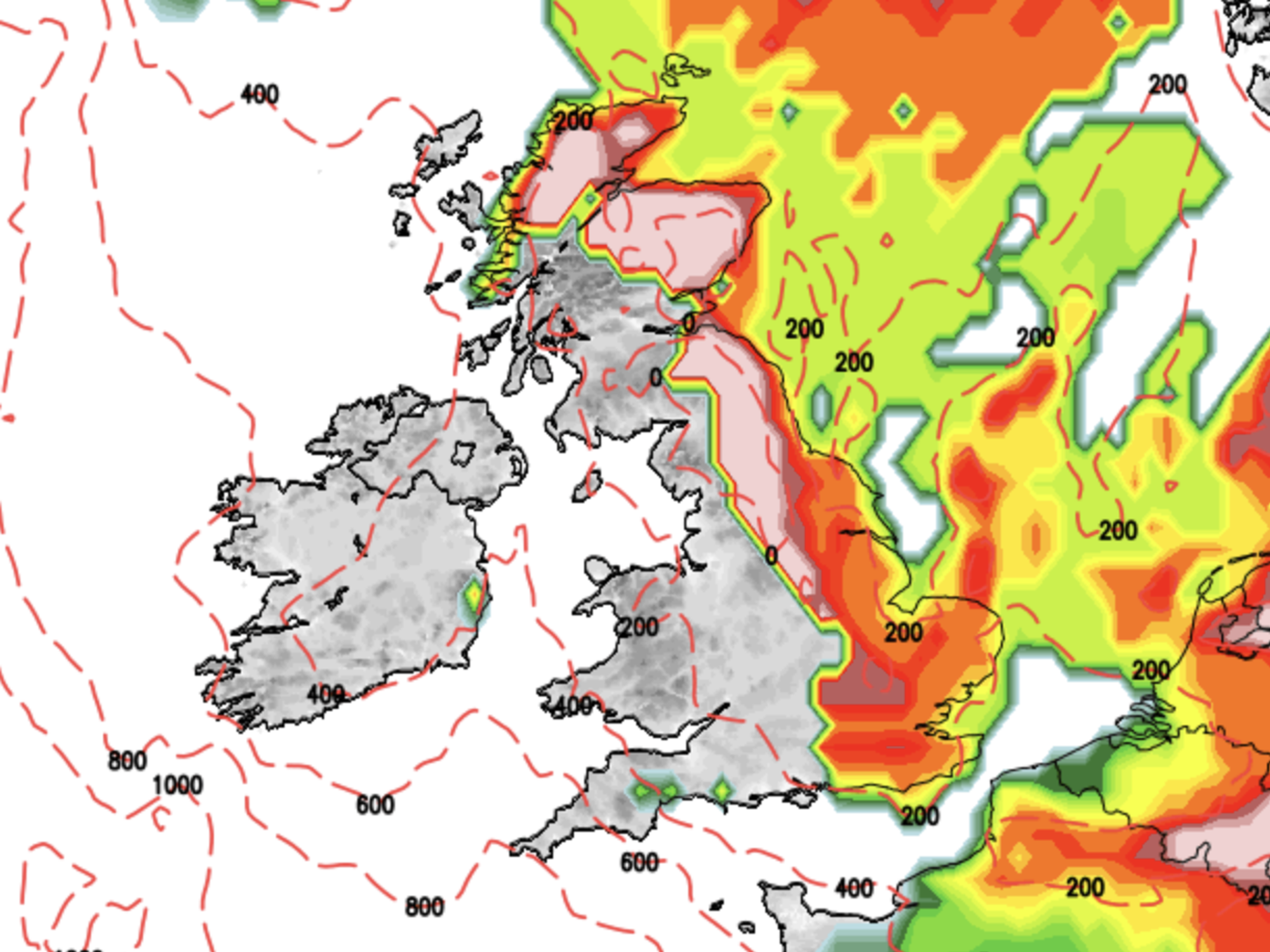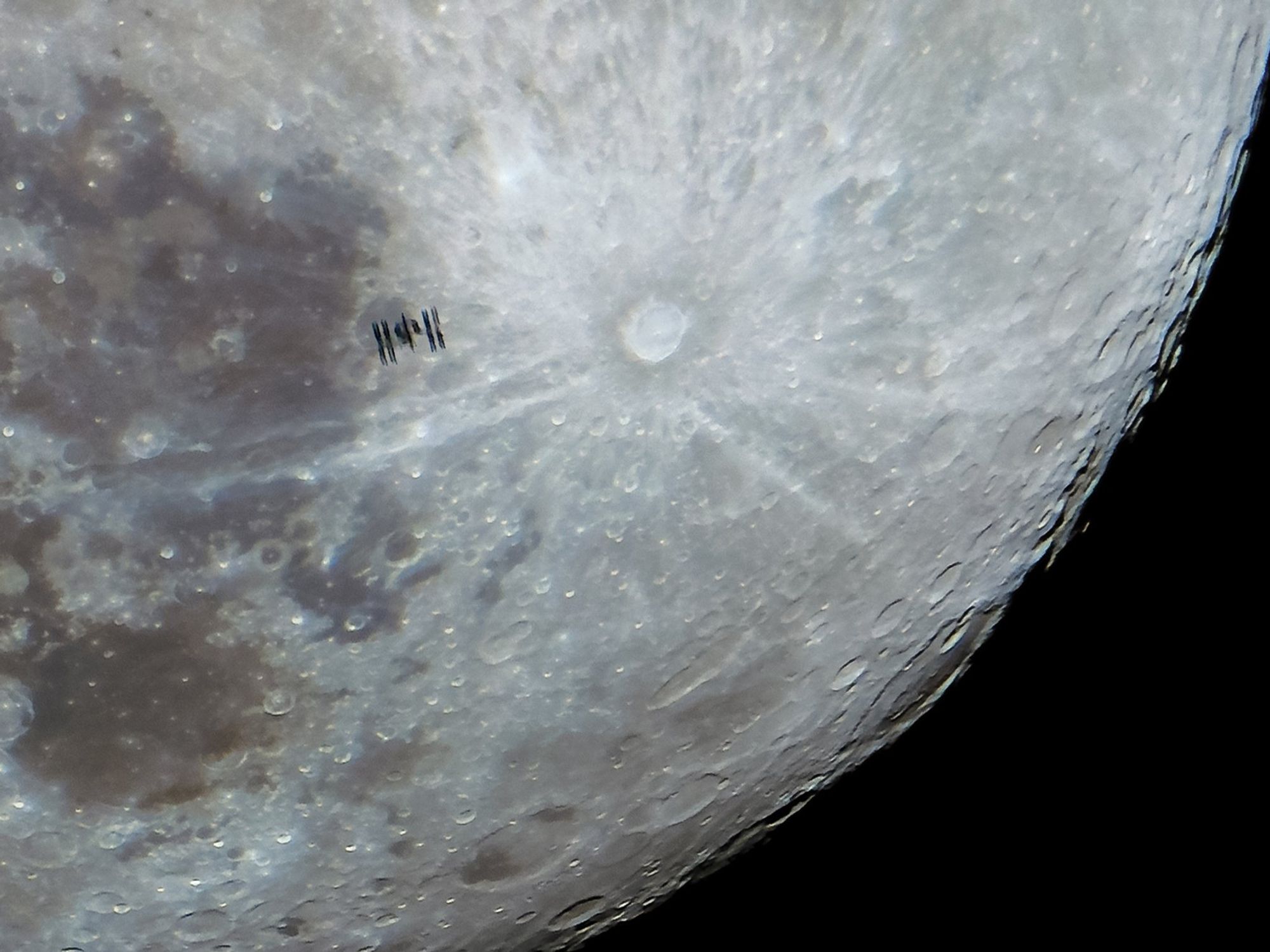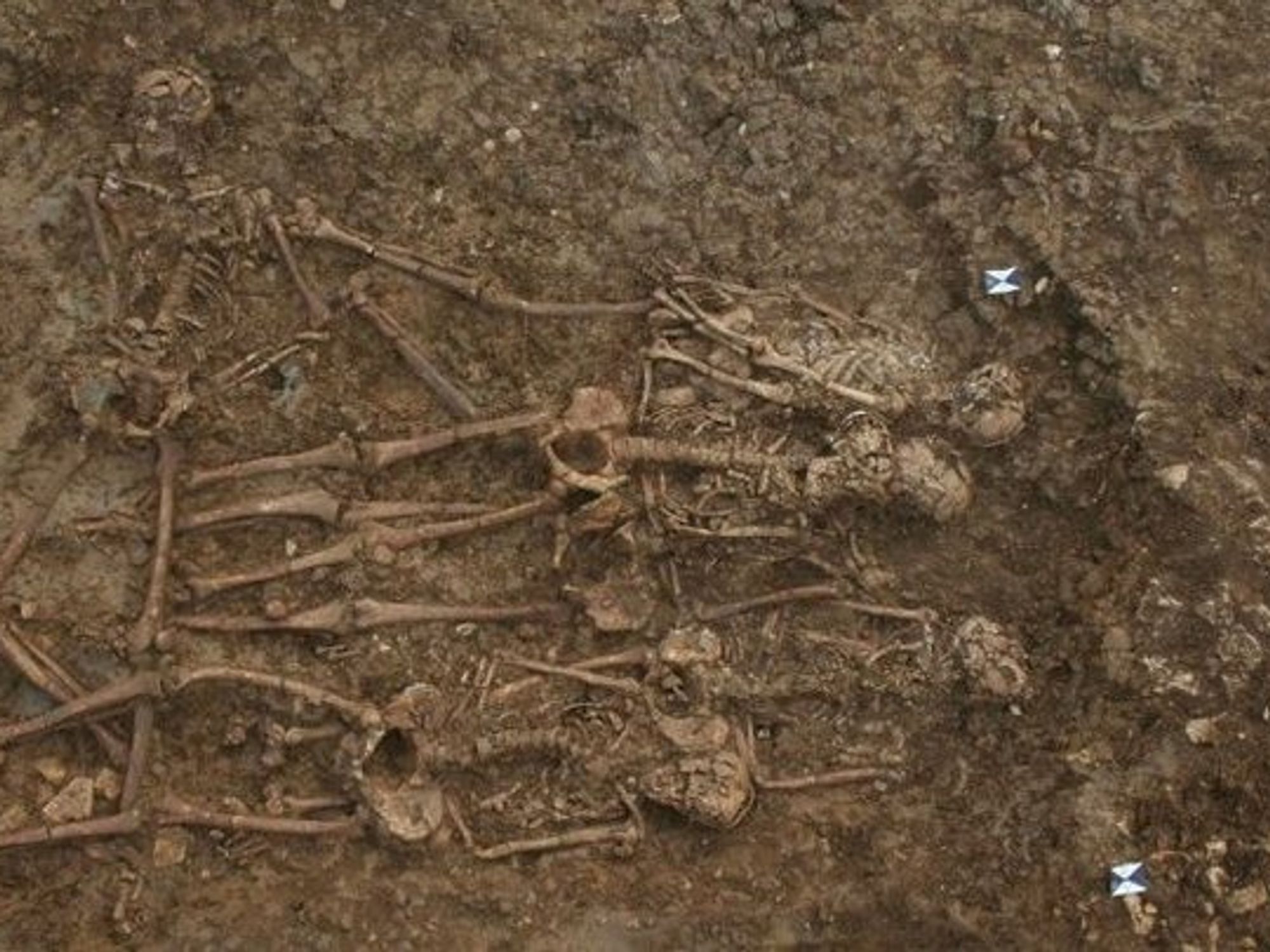Basic rate taxpayers could be hit with ‘high income’ tax charge – are you affected?

If a person's individual income is £60,000 or more, the Child Benefit will effectively be lost through the tax charge
|PEXELS

Parents may want to check whether they will be affected by the “high income” tax charge
Don't Miss
Most Read
Basic rate taxpayers who are responsible for a child under the age of 16 may have to pay a “high income” tax charge.
This is via the High Income Child Benefit tax Charge (HICBC), which a person may have to pay if they or their partner earns more than £50,000, and either:
- They or their partner gets Child Benefit
- Someone else gets Child Benefit for a child living with the person and they contribute at least an equal amount towards the child’s upkeep.
The basic rate of income tax, 20 per cent, is applied on taxable income of £12,571 to £50,270, meaning some basic rate taxpayers could be affected by the charge.
Sarah Coles, personal finance analyst at Hargreaves Lansdown, explained: "The £50,000 threshold at which parents start to lose their Child Benefit is still in place.
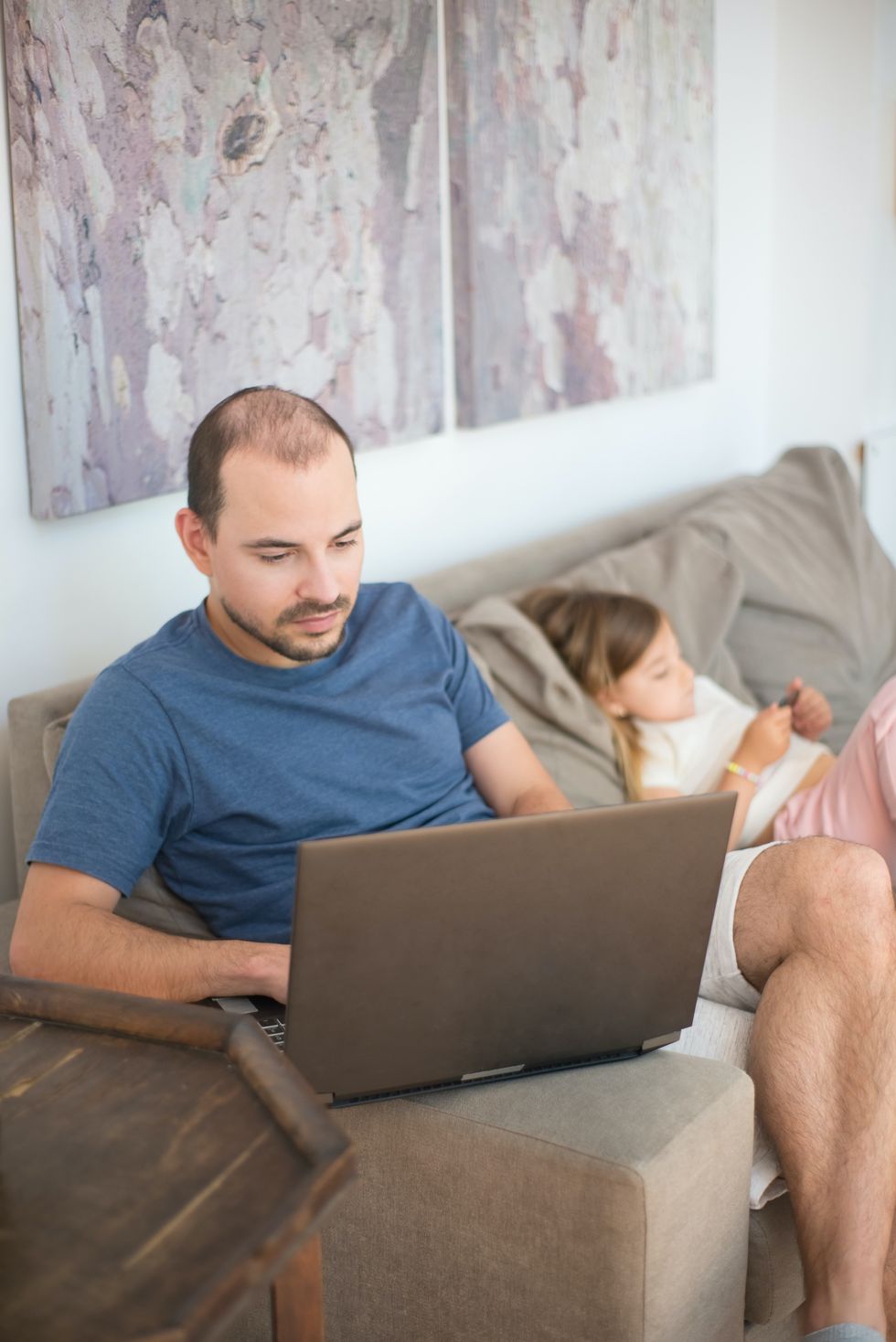
The government says people will need to decide whether it’s better for you or the other parent to claim Child Benefit, as it can affect the state pension
|PEXELS
"This means some basic rate taxpayers will have to complete tax returns and repay the benefit as soon as one of the parents earns over £50,000.”
If a person and their partner both have an individual income of more than £50,000, then whoever has the higher adjusted net income will be responsible for paying the charge.
It doesn’t matter if the child is not their child, they will still need to pay the charge.
Should an individual income be £60,000 or more, the Child Benefit will effectively be lost through the tax charge, meaning the household would end up with no extra month from Child Benefit.
Those affected by the charge have two options – they can get Child Benefit payments and pay any tax charge at the end of the year via Self Assessment, or they can opt out of getting Child Benefit payments, therefore not needing to pay the charge.
Those who choose the latter are directed to fill in the Child Benefit claim form still, stating they don’t want to get payments.
This means the person who claims can get National Insurance credits for a child under 12, counting towards their state pension.
It also means the child will get a National Insurance number without them having to apply for one.
LATEST DEVELOPMENTS:
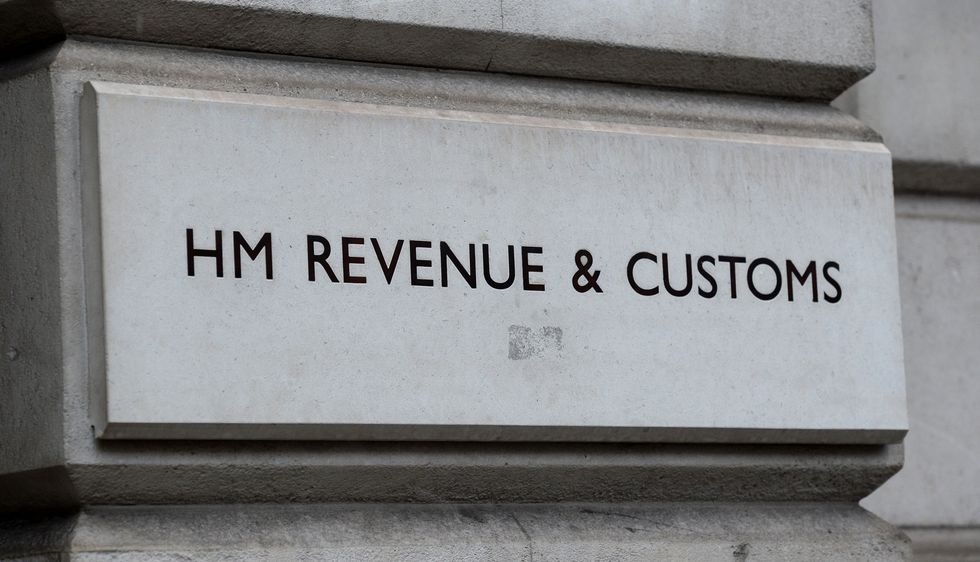
People who have to pay the High Income Child Benefit tax Charge need to do so via a Self Assessment tax return
|PA
As only one person can get Child Benefit for a child, it’s important to consider who will benefit most from the National Insurance credits.
The Gov.uk website explains: “Only one person can get Child Benefit for a child, so you need to decide whether it’s better for you or the other parent to claim.
“The person who claims will get National Insurance credits towards their state pension if they’re not working.”
How much is Child Benefit?
There are two different Child Benefit rates, and the amount depends on who the allowance is for.
The weekly rate for an eldest or only child is currently £24 a week.
For any additional children, it is currently £15.90 per child.
Child Benefit payments count towards the benefit cap, meaning those affected by the cap could see their other benefits reduced.





